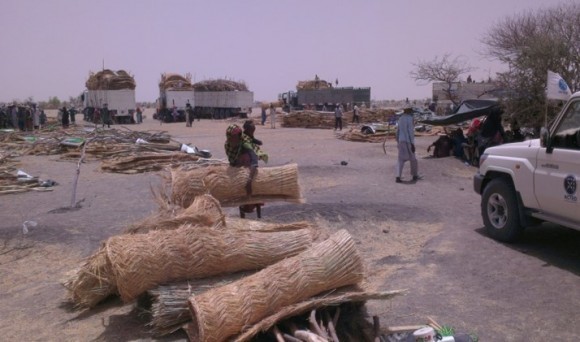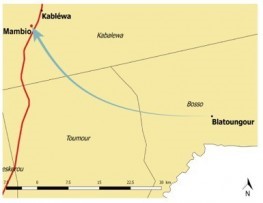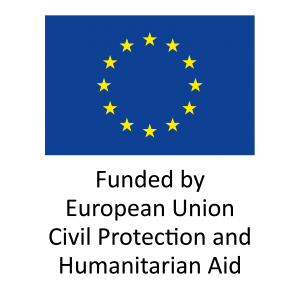
On 17 and 19 April, Blatoungour village in Bosso commune was affected by two repeated by Boko Haram, killing 13 people among the local populations, and taking their cattle away. 322 households moved to the Mambio site in Kablewa in order to flee the daily violence and to join a part of their community who had fled since January 2017 to seek refuge in Mambio. Most of these displaced people left behind their few belongings: they don’t have any shelter and the less fortunate only have some old kitchen tools and food reserves for a few days. Without have access to water or latrines, open defecation is the only solution, thus exacerbating the sanitary conditions and the risks of diseases outbreak.

ACTED emergency response
The ACTED RRM (Emergency Response Mechanism) teams got mobilised in a few days to help these displaced populations, by providing within 48 hours a multisectoral needs assessment in terms of shelter, non-food items, food security, protection, health and education. They provided an urgent and immediate response in terms of shelter and non-food items, and in the near future they will focus on hygiene, sanitation and food security.
Thanks to the support of the European Commission Humanitarian Aid and Civil Protection department (ECHO), in four days ACTED RRM teams distributed to 322 newly displaced households and 35 households displaced since January:
- 357 non-food items – inlcuding buckets, mats, mosquito nets, soaps, kitchen kits, etc, to meet the basic households needs;
- 357 emergency shelter kits to enable displaced households to protect themselves from the approaching rainy season.
We fled Blatoungour. Boko Haram killed our children and kidnapped our cattle. We no longer have the strength to stay there. We came here for our safety.


This document covers humanitarian aid activities implemented with the financial assistance of the European Union. The views expressed herein should not be taken, in any way, to reflect the official opinion of the European Union, and the European Commission is not responsible for any use that may be made of the information it contains.